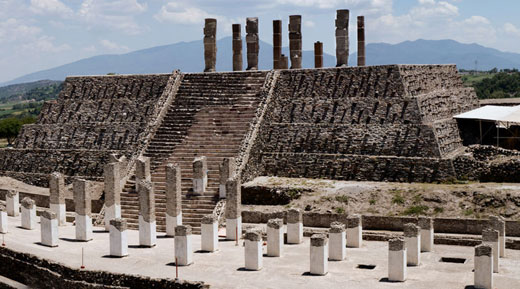by Lynne Twist: An excerpt from ‘The Soul of Money’ by Lynne Twist. In the context of sufficiency, appreciation becomes a powerful practice of recognizing and utilizing the value of what we already have. What you appreciate appreciates. It’s true in our money culture, where a desirable house in a desirable neighborhood appreciates in dollar value from year to year. It’s true in our personal relationships, where our appreciation of someone’s special qualities can make them bloom before our very eyes. It’s true in business, where a company’s commitment to its employees fosters pride and excellence in their work. And this simple but powerful act we call appreciation expands the freedom, creativity, and ultimately the success we experience, particularly in our relationship with money. Appreciation is the beating heart of sufficiency.
What you appreciate appreciates. It’s true in our money culture, where a desirable house in a desirable neighborhood appreciates in dollar value from year to year. It’s true in our personal relationships, where our appreciation of someone’s special qualities can make them bloom before our very eyes. It’s true in business, where a company’s commitment to its employees fosters pride and excellence in their work. And this simple but powerful act we call appreciation expands the freedom, creativity, and ultimately the success we experience, particularly in our relationship with money. Appreciation is the beating heart of sufficiency.
In the context of sufficiency, appreciation becomes a powerful, intentional practice of creating new value through our deliberate attention to the value of what we already have. Our attention enlarges and enriches our experience of whatever is before us.
When your attention is on what’s lacking and scarce — in your life, in your work, in your family, in your town — then that becomes what you’re about. If your attention is on the problems and breakdowns with money, or scarcity thinking that says there isn’t enough, more is better or that’s just the way it is, then that iswhere your consciousness resides. No matter how much money you have, it won’t be enough. No amount of money will buy you genuine peace of mind. You expand the presence and the power of scarcity and tighten its grip on your world.
We can use our appreciation — our conscious attention and intention — to develop some mastery in the arena of money and transform our relationship with moneyinto an open space for growth and freedom. That’s the truth, and I learned it first from people we would call poor. I learned it in places around the world where there is almost no water and no food, and no explanation for the fact that people survive at all.
Appreciative inquiry: A positive theory of change
The power of appreciation has been recognized as a tool for building organizational success, whether it is in a community of farmers, a group of factory workers, a company with thousands of employees or a handful of volunteers on a community service project.
David L. Cooperrider, Diana Whitney, and their team of researchers and consultants in the field of organizational theory and human development introduced the concept of “appreciative inquiry” as a formal model for change. In their book, Appreciative Inquiry: A Positive Revolution in Change, they suggest we shift our frame of reference from one of “problem solving” to one that seeks to identify the sources available in any collection of people for inspiring, mobilizing, and sustaining positive change.
How would our practices surrounding change be different, they ask, if we started with the positive presumption that “organizations, as centers of human relatedness, are ‘alive’ with infinite constructive capacity”?
This power of appreciation is available to all of us, anywhere and anytime. In appreciation of all that we are and already have, we can resee the possibilities, identify a vision, make a commitment and act on it.
Buddha’s wisdom
Buddha told his followers that whatever they chose to give their attention, their love, their appreciation, their listening and their affirmation would grow in their life and in their world. He likened one’s life and the world to a garden — a garden that calls for sunlight and nourishment and water to grow. In that garden are the seeds of compassion, forgiveness, love, commitment, courage and all the qualities that affirm and inspire us. Alongside those seeds and in the same garden are the seeds of hatred, the seeds of prejudice, the seeds of vengeance, the seeds of violence and all the other hurtful, destructive ways of being.
Our attention is like water and sunshine, and the seeds we cultivate will grow and fill our garden. If we choose to invest our attention in the seeds of scarcity — acquisition, accumulation, greed and all that springs from those seeds — then scarcity is what will fill the space of our life and the space of our world. If we tend the seeds of sufficiency with our attention and use our money like water to nourish them with soulful purpose, then we will enjoy that bountiful harvest.
For any of us, in the fertile soil of our appreciation, new possibility takes root, and it grows without limits in the lasting light of our attention.








































